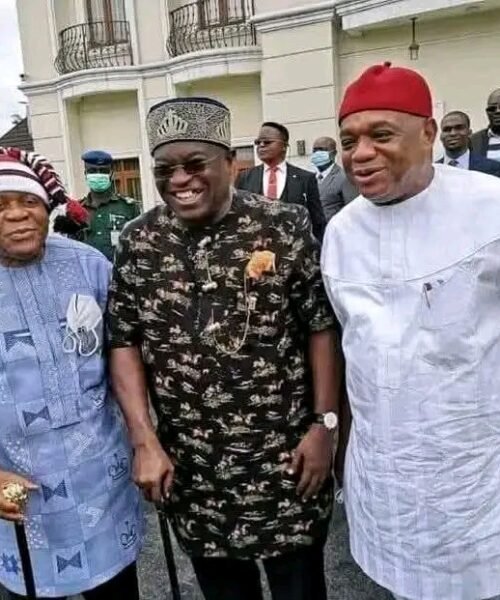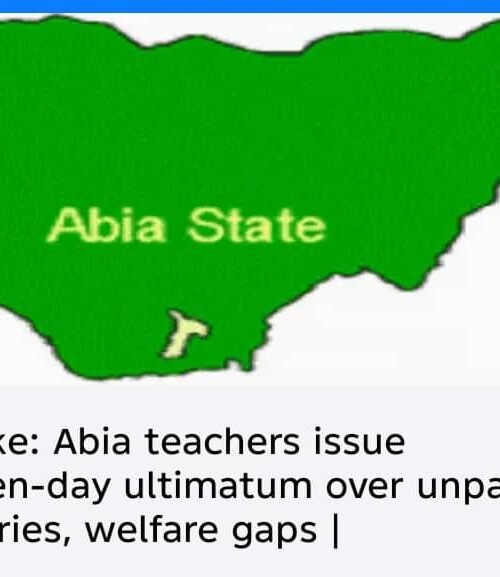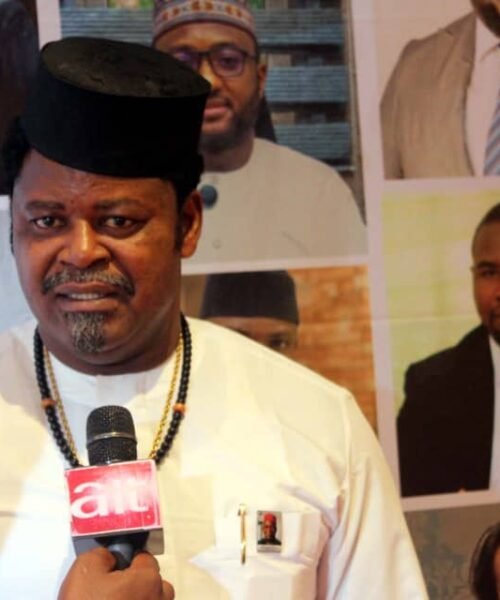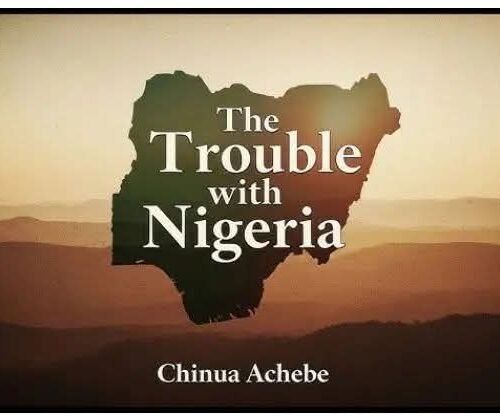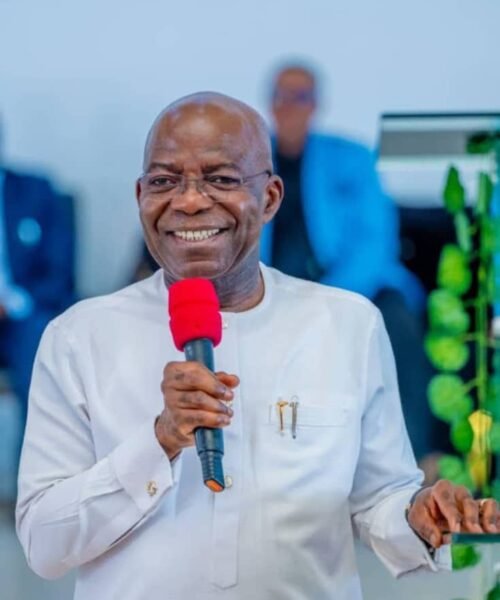Alchemy of the Grease
The metaphor of “grease” in Abian politics once symbolized murky financial lubrication for patronage systems. Alex Otti has transmuted this concept into something revolutionary. By deliberately creating fiscal friction—clearing salary arrears, purging ghost workers via digital payrolls, and exposing past graft—his administration forced systemic reinvention. Transparency itself became the new lubricant, starkly illustrated when Otti contrasted his $22.8 million Port Harcourt Road rehabilitation with the previous regime’s failed $29 million expenditure, weaponizing data to fuel public trust. Even counter-intuitive moves, like slashing market levies by ₦4,000 amid infrastructure demands, revealed his insight: true economic lubrication springs from citizens retaining capital to ignite grassroots commerce.
Machinery Re-engineered
Otti’s governance resembles precision engineering replacing rusted machinery. Project execution shifted from patronage contracts to technical rigor—evident in stone-base specifications for RAAMP roads that outlast political cycles. Revenue collection transformed from touts and forged receipts into a collaborative digital ecosystem with real-time verification. Policy formulation now absorbs grassroots ingenuity, like civic hackathons where youth tech solutions feed directly into state ICT frameworks. Land administration’s end-to-end digitization—from application to C-of-O issuance—isn’t mere efficiency; it surgically removes corrupt gatekeepers, embedding accountability into bureaucracy’s DNA.
The Human Current
Governance now flows through lived experience, not decrees. Otti’s instant visits to fire-gutted markets weren’t photo ops but data-gathering missions that birthed market restructuring blueprints. Rewarding the honest keke driver who returned ₦2.4 million with ₦1.4 million was behavioral economics in motion—curating a culture where integrity yields tangible dividends. The Clean Aba Initiative succeeded by reframing waste management as communal dignity, not government charity, turning citizens into co-architects of order.
Strategic Unfinishing
Otti’s genius lies in deliberate incompleteness. Infrastructure like Port Harcourt Road functions as a “minimum viable product,” inviting public feedback for iterations—rejecting past eras’ abandoned white elephants. Debt restraint acknowledges fiscal sustainability, while pilot projects like electric buses test green mobility before scaling. Even sabotage is leveraged diagnostically; naming institutional resistance from old networks exposes governance nerves needing reinforcement.
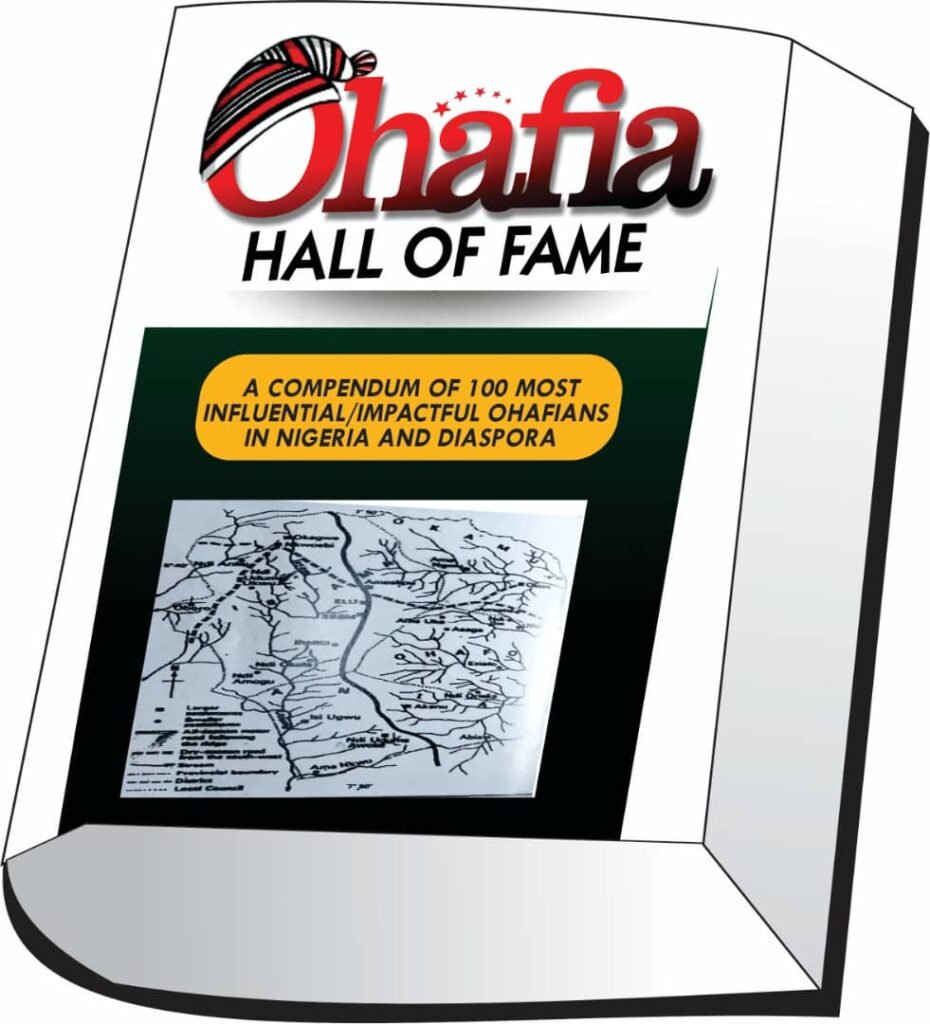
Greaseless Momentum
Otti isn’t governing—he’s rewiring Abia’s political circuitry. Roads morph into economic corridors, with Port Harcourt Road already reviving Aba’s commercial heartbeat. Markets become innovation labs, as Eziukwu’s restructuring trials formalizing the informal economy. Costs transform into cultural capital, electric buses symbolizing technological leapfrogging. This machinery hums not on oiled palms, but on aligned incentives: transparency as the piston, technology as the crankshaft, citizen voices as the fuel. A frictionless revolution, flowing smoother than palm wine.
Dr Chukwuemeka Ifegwu Eke


